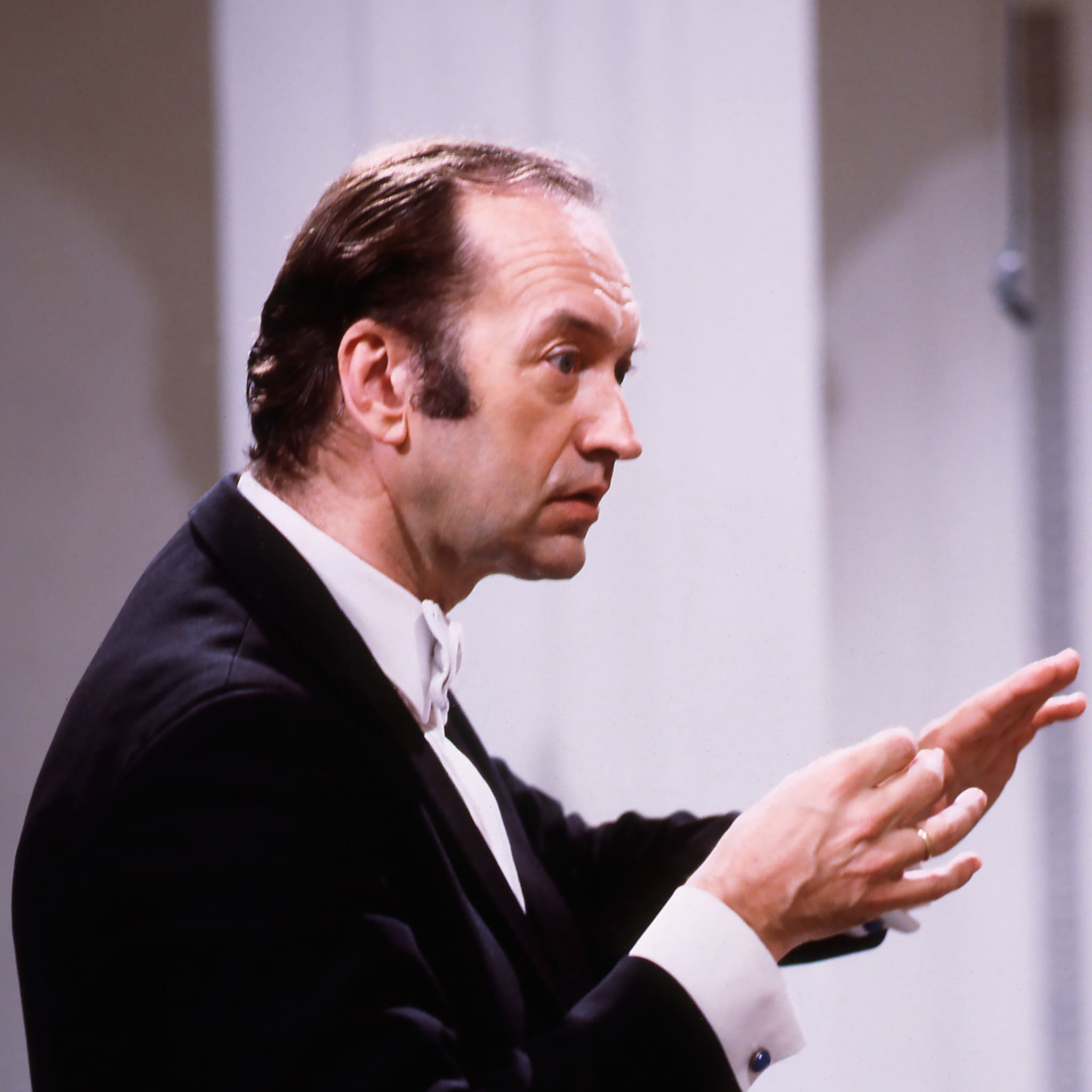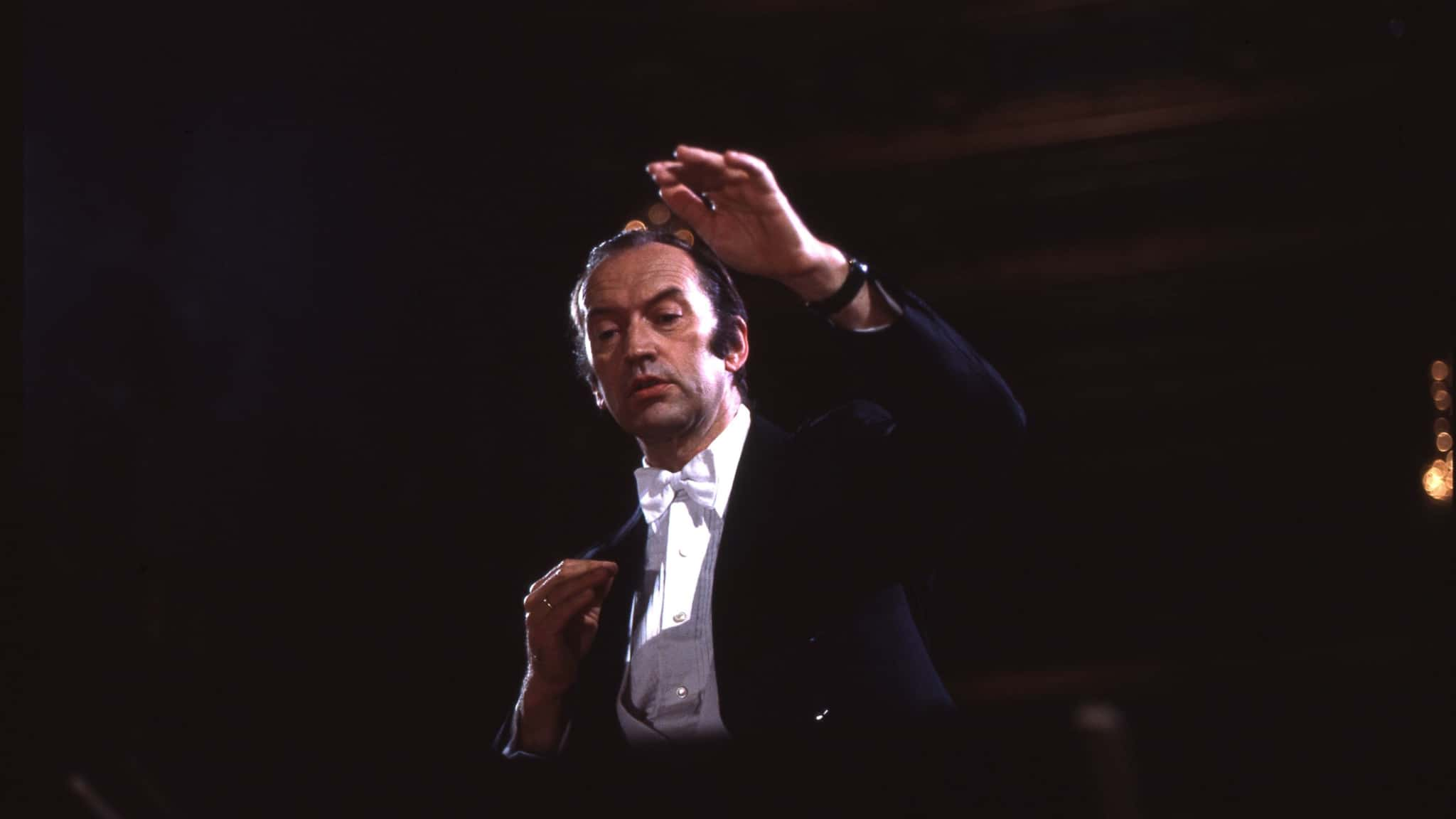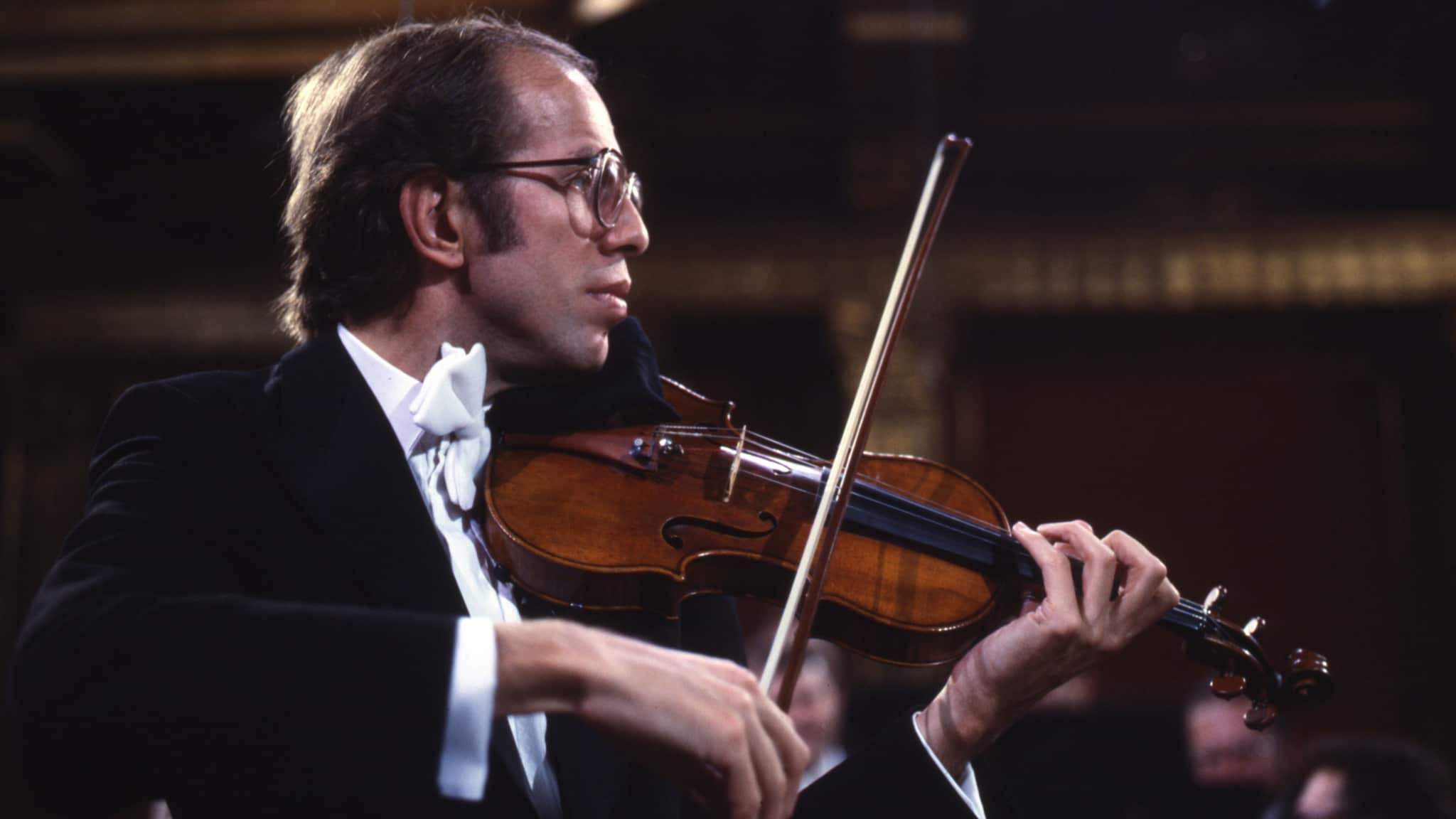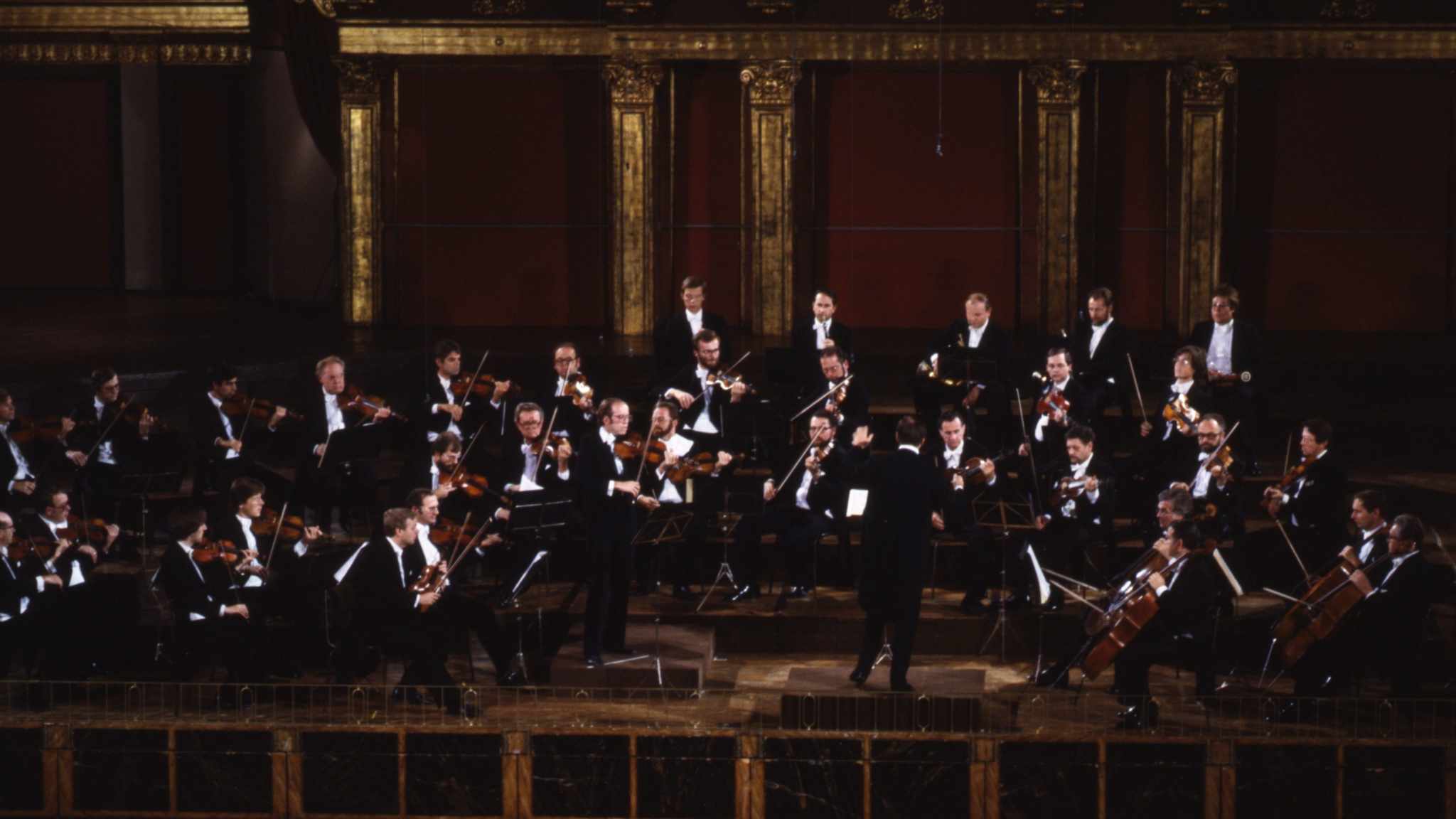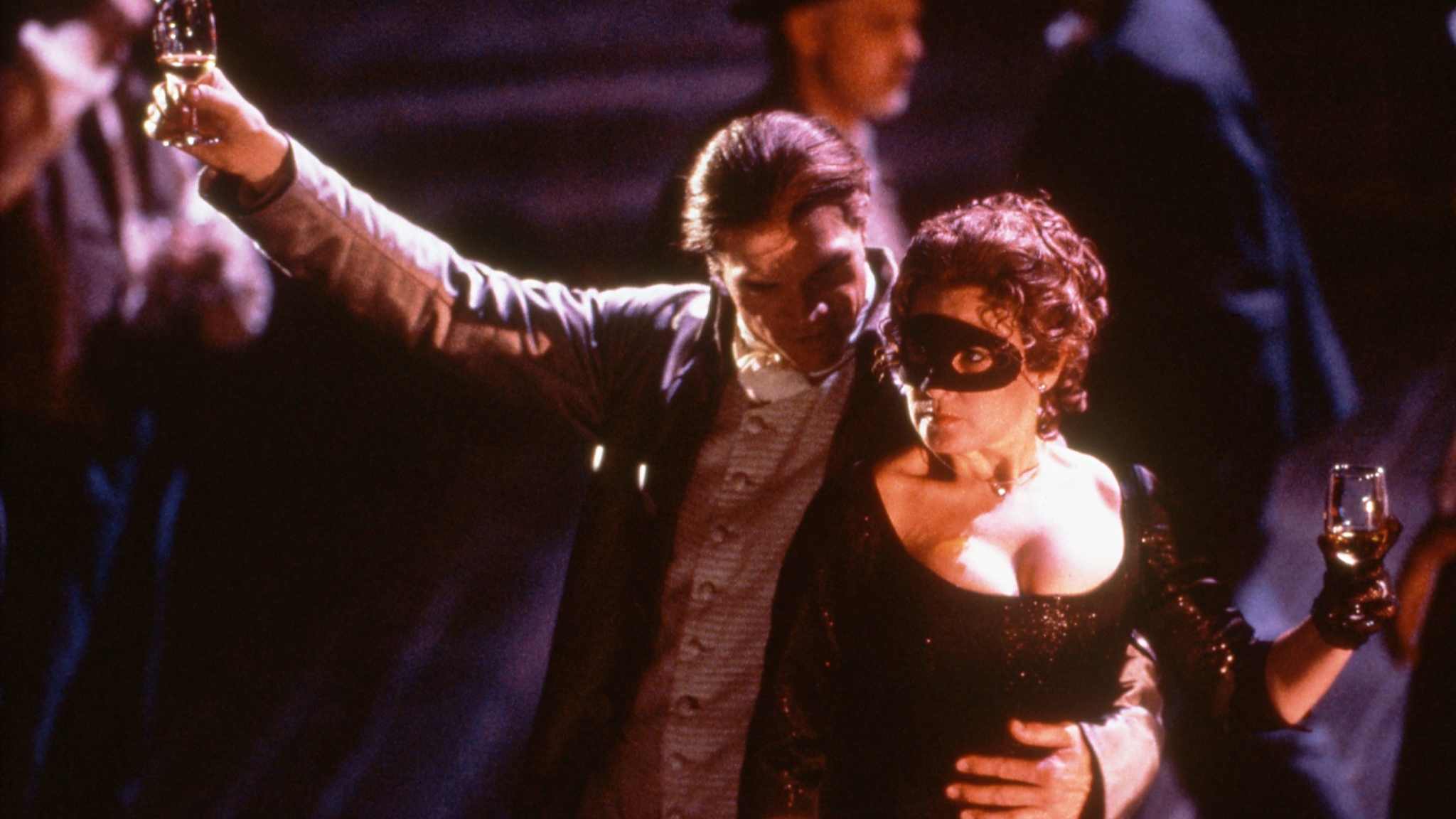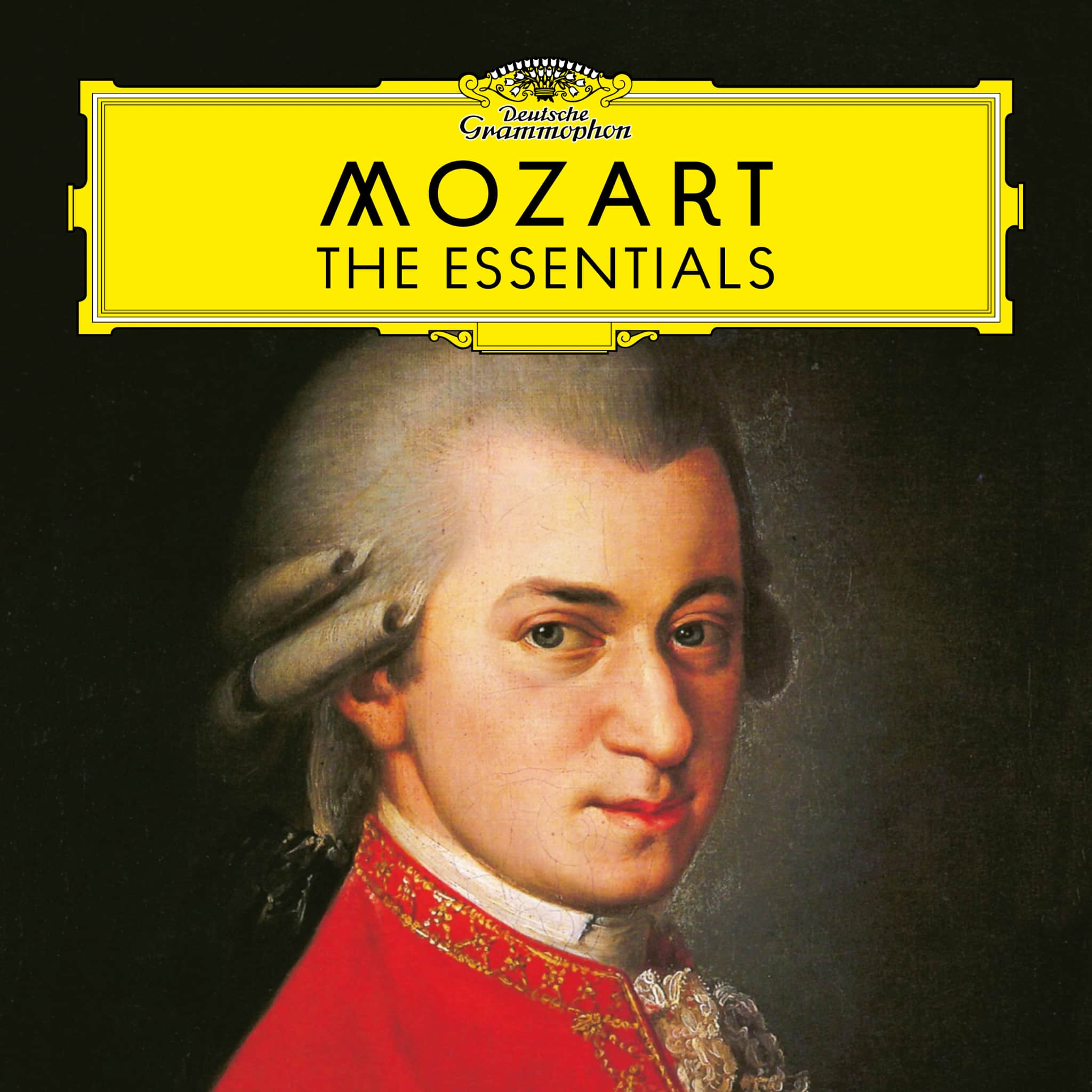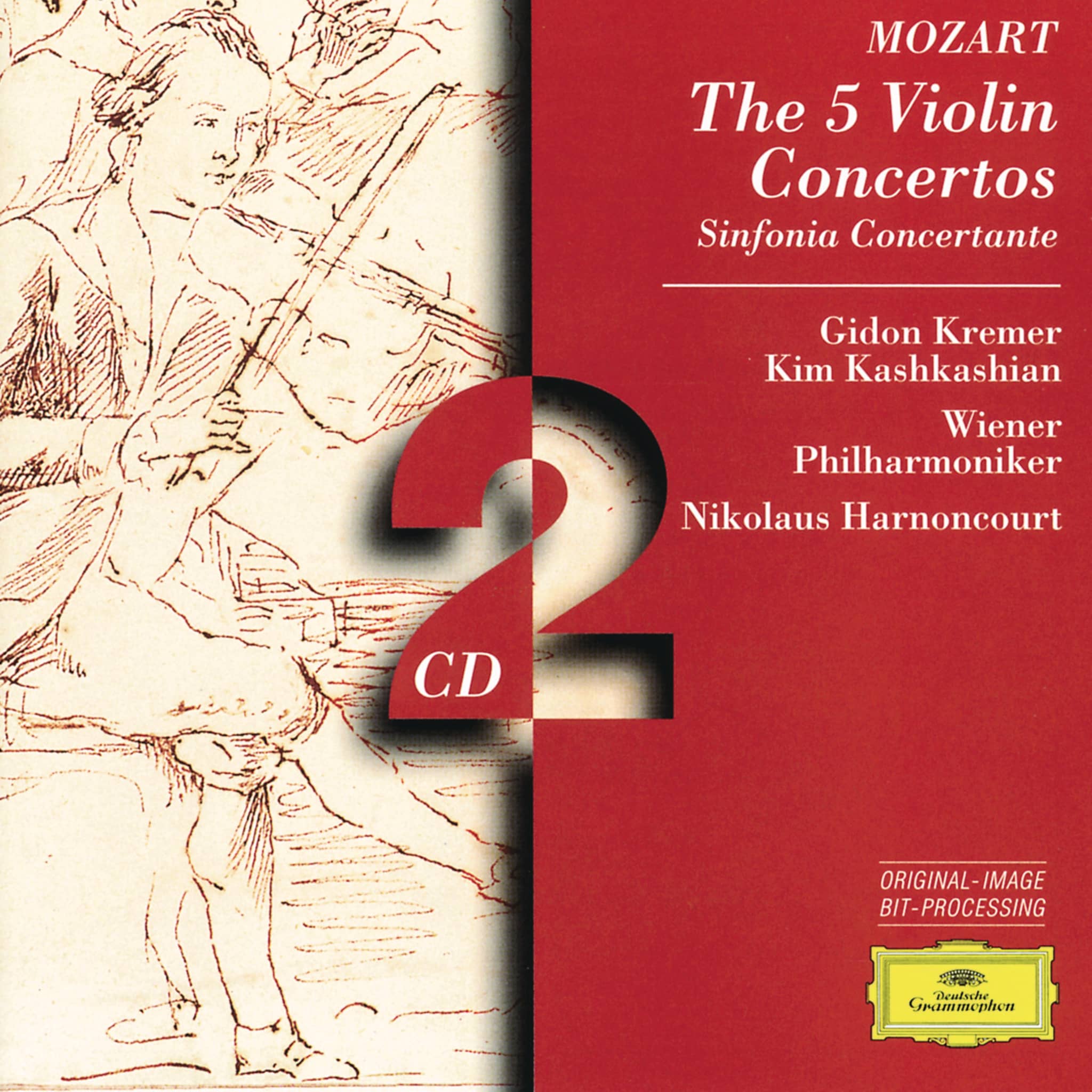Nikolaus Harnoncourt: The Maestro's Lifelong Dedication to Music
The world of classical music owes much to the unparalleled dedication and innovation of Austrian conductor and cellist Nikolaus Harnoncourt. Bridging profound understanding of historical musical practices with a thirst for contemporary, vibrant performances, Harnoncourt's legacy is a testament to his unyielding passion and ceaseless curiosity for music.
Harnoncourt's Substantial Contribution to Classical and Baroque Music
Navigate a deeply immersive journey through the life and works of Harnoncourt, from his founding of the groundbreaking Concentus Musicus Wien, his legendary collaborations with Gustav Leonhardt and other esteemed musicians, to his orchestral triumphs with the Chamber Orchestra of Europe and the Wiener Symphoniker.
Rediscovering the Richness of Music from the Past
Discover his many fascinating interpretations and recordings of music across eras, from Monteverdi to Gershwin, and appreciate the indelible mark Harnoncourt left on the tapestry of world music. This is a tribute to Harnoncourt's inspiring journey, encapsulating the essence of his nearly 500-recordings-strong legacy and his relentless pursuit for bringing the music of the past alive.
Harnoncourt's Exploration of Period Instruments
Harnoncourt was a pioneering Austrian conductor and cellist best known for his historically informed performances of Baroque, Classical, and early Romantic music. His influence extended across more than six decades, shaping the interpretation and presentation of music from Monteverdi to Gershwin and inspiring a revolution in how early music is performed and understood.
Key Recordings and Performances
Harnoncourt conducted major works with renowned orchestras and artists, leaving a deep legacy of recordings. Many of these projects involved the Wiener Philharmoniker or were collaborative efforts with soloists of international renown.
Harnoncourt's Artistic Approach and Achievements
Harnoncourt was a trailblazer in reviving period performance: he and his wife Alice founded Concentus Musicus Wien in 1953 to explore Renaissance and Baroque music using original instruments and techniques. Their performances often brought forgotten works and unique sound experiences to modern audiences.
He staged legendary cycles of Monteverdi operas—considered a global breakthrough—and later, with director Jean-Pierre Ponnelle, produced acclaimed Mozart opera cycles at Zurich Opera House and Vienna State Opera.
Though deeply rooted in early music, Harnoncourt also conducted works from Viennese Classicism, Romantic repertoire, and 20th-century composers, working with both modern and period ensembles. His expansive repertoire and innovative approach have left an indelible mark on the world of classical music.
